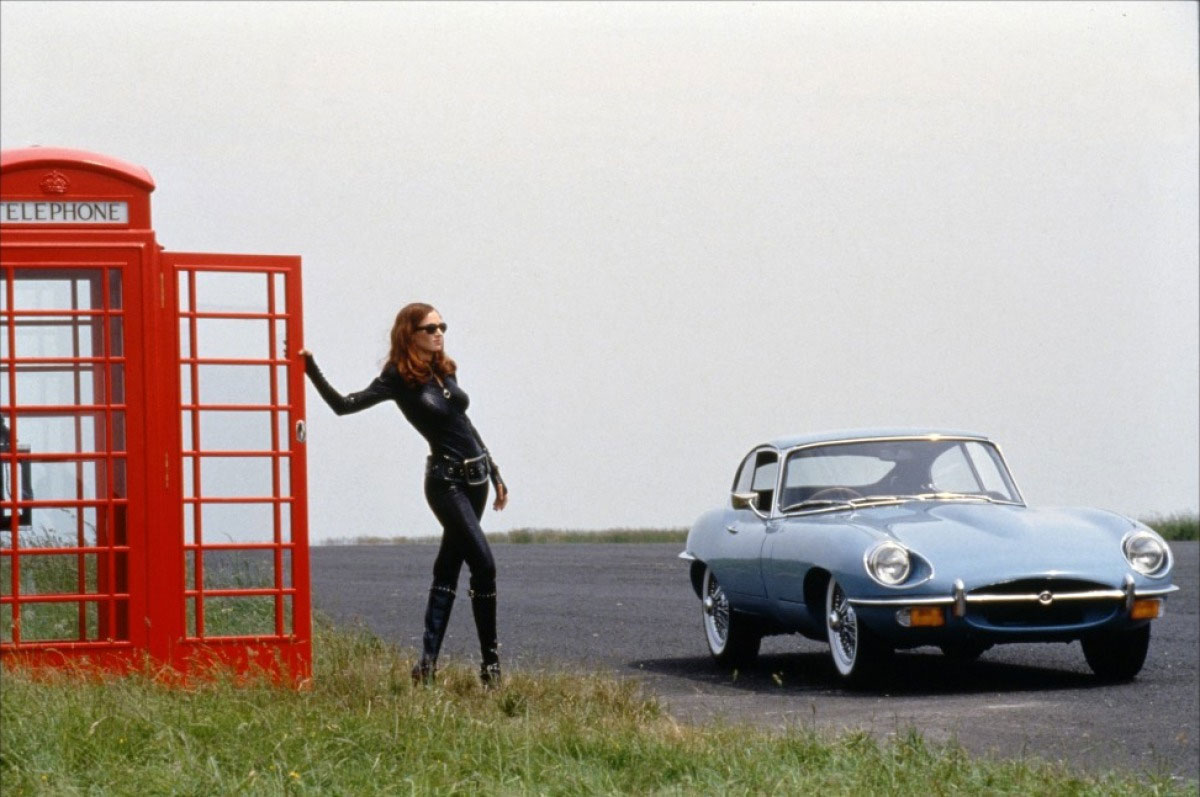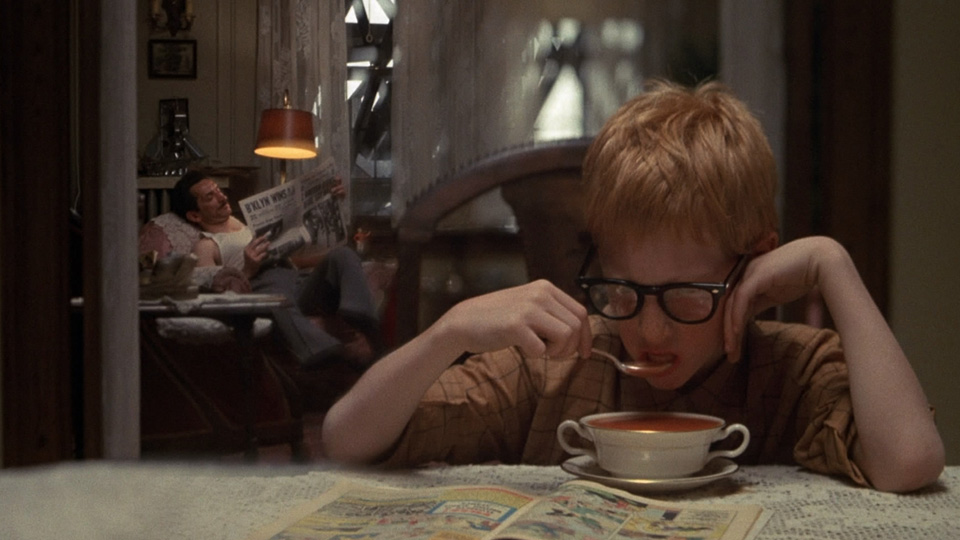Sweet and Lowdown

Woody Allen's most conventional picture in years is being touted as a
real return to form, and I suppose that's true. His previous effort, Celebrity, was the worst Woody since Mighty Aphrodite (and probably longer than that), so Sweet and Lowdown certainly looks good in comparison. I have to admit, though, that I enjoyed the playful Everyone Says I Love You and the feisty, combative Deconstructing Harry
enough to rate them more highly despite the fact that the auteur was
shamelessly pillaging his own back catalog on both occasions.
Sweet and Lowdown is played at a lower pitch than either of those films. Sean Penn turns in a showpiece performance as Emmett Ray, a fictional 1930s jazz guitarist whose story is retold both as a film narrative and in documentary-style inserts of present-day aficianados (including Allen himself, Village Voice columnist Nat Hentoff and others), who recount the legends surrounding the brilliant, obscure musician.
Ray is a musician of little renown who claims, with ample justification, to be the second greatest jazz guitarist in the world, after Django Reinhardt. Ray has something of a Reinhardt fixation, having been in the great one's presence only twice -- on both instances, he fainted. (Allen's doggedly reverential attitude toward jazz greats remains welcome and endearing.) Ray himself is well-respected by his contemporaries, who invite him to impromptu living-room jam sessions, but his chaotic approach to career and responsibility blocks his potential to build a successful rep on the jazz circuit.
Sean Penn's performance looks like Oscar bait and feels like a stunt, though he is preternaturally adept at this sort of stunt. What's delivered is pure showmanship -- impressive and entertaining, but not affecting. The movie's emotional center, rather, is Samantha Morton, who plays the sweet mute girl whom Ray reluctantly accepts as a kind of soul mate. Part Virginia Cherrill in City Lights and part Emily Watson in Breaking the Waves, Morton's guileless screen presence is undeniable and provides the film with its only persistent imagery. One such shot encapsulates the movie's themes with elegance and economy, showing her listening, enraptured, on one side of the frame as the casually insensitive Ray, who sent her around the corner to get dressed after sex, plucks out a tune with effortless brilliance.
(Later on, Uma Thurman shines in a minor role, and I haven't been this happy to see her since Pulp Fiction, at least.)
Unfortunately, Ray's character is another way for Allen to address his enduring theme of the artist who expresses great beauty and sensitivity in his work, but is a cad in his personal life. This conceit smelled a little rancid when Allen trotted it out at the end of Deconstructing Harry, and, to be honest, I grew weary of seeing it recycled on the way to Sweet and Lowdown's emotional climax, which mirrors that of Manhattan so clearly that you can see it coming about a reel before it happens.
Manhattan also dealt with an artist -- a writer who flees the wasteland of TV writing -- who gets lucky with a good woman (OK, a good teenager) and then ditches her callously for a quasi-intellectual motormouth. Don't get me wrong -- I think Manhattan is a terrific movie, along with Annie Hall one of the very best films of its decade. The miracle is that Allen's character can be so selfish and yet still make us root for him. But by the time the same gimmick rears up in Sweet and Lowdown, it's devoid of credibility.
The other problem here is that Ray is fundamentally unlikeable -- if we
don't feel just a little bit of sympathy for him, why should we care
about his unhappiness? Despite typically great Woody Allen music and
terrific Woody Allen performances, this Woody Allen is a little hard to
warm up to. B
Get Sweet and Lowdown on Blu-ray from Amazon.com


